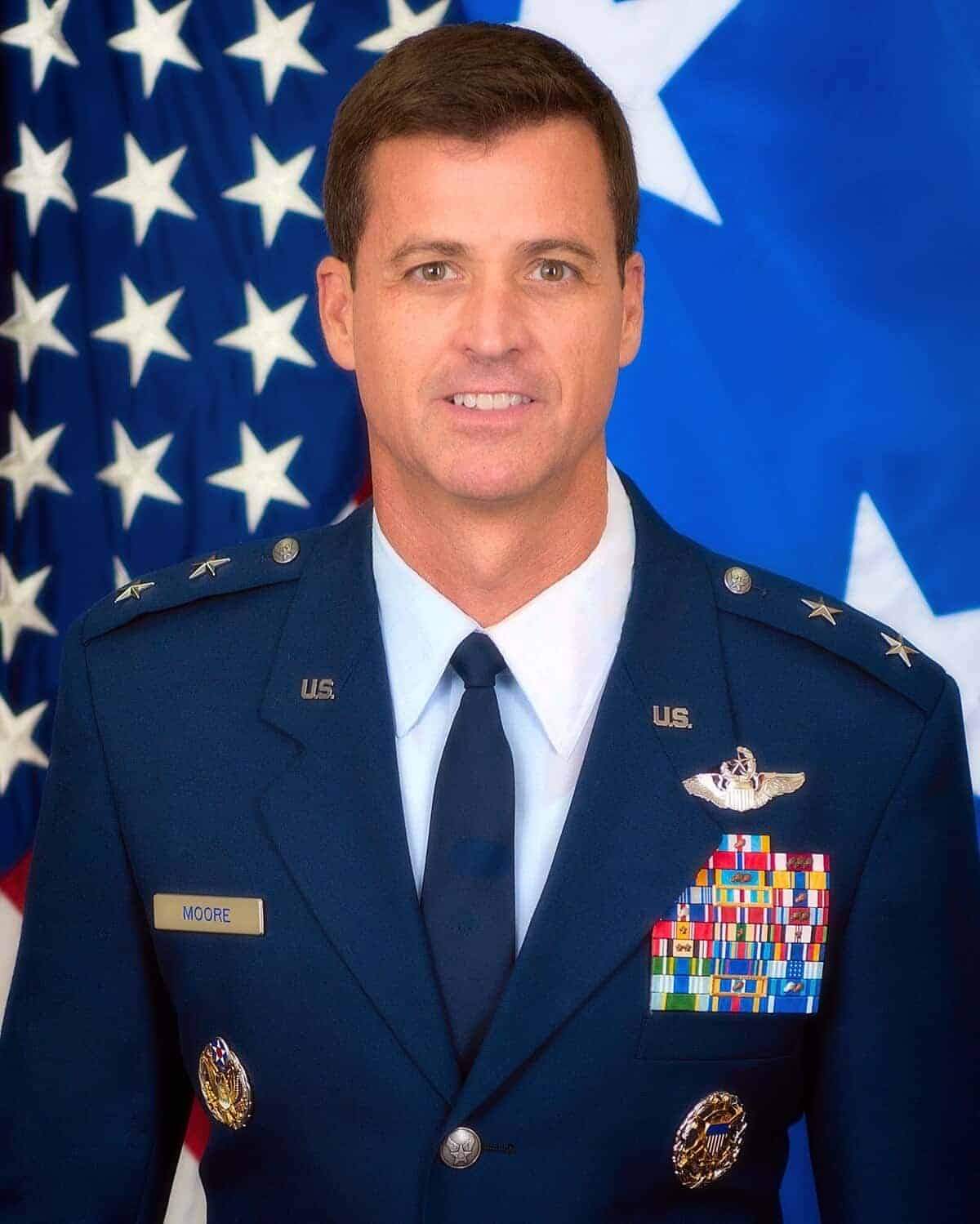Cyber Command is getting a new deputy commander

Air Force Maj. Gen. Charles Moore will be the next No. 2 at U.S. Cyber Command, according to a June 9 announcement from the Department of Defense.
Moore, who will also receive his third star, is expected to take the reins from Vice. Adm. Ross Myers, the deputy commander who assumed the position in May 2019.
In his current role as the director of operations, J-3 at Cyber Command, Moore has helped bring the command’s strategy of persistent engagement to operations, which is how the organizations seeks to implement the DoD’s 2018 cyber strategy’s call to “defend forward.”
The defend forward policy is best described as DoD working on foreign networks to prevent attacks before they happen. The way Cyber Command meets those goals is through persistent engagement, which means challenging adversary activities wherever they operate.
Defending forward, “helps us better protect ourselves," Moore told reporters last year. “When we do this, we can observe enemy techniques and procedures and their tactics as well as potentially uncover any tools or weapons that they might be utilizing.”
Moore oversees operations across the world and helps to coordinate offensive and defensive forces.
“Our job is now to provide the global view and to make global command and control decisions or to provide the data so that Gen. [Paul] Nakasone can make those global decisions,” Moore told reporters at the Integrated Cyber Center/Joint Operations Center (ICC/JOC) in May 2019.
The ICC/JOC is Cyber Command’s first dedicated facility and doubles as the U.S. government’s first truly integrated cyber center. It became operational in August 2018.
“We have to be able to look globally at the picture that we’re seeing, we have to be able to see what the enemy is doing, we have to know where our forces are positioned and then obviously we want to be able to put our forces in the best position so that we can drive enemy activity as opposed to being in reactive mode,” Moore added.
It is not immediately clear where Myers is headed.
Cyber Command is seeing additional changes to its leadership. Army Maj. Gen. David Isaacson currently the director of architecture, operations, networks and space in the Office of the Chief Information Officer/G-6, will be the next chief of staff, according to an April notice from the Pentagon. He’ll replace Army Maj. Gen. John Morrison.
DoD also announced June 9 that Marine Corps Master Gunnery Sgt. Scott Stalker, the command’s senior enlisted leader, will depart to become the command senior enlisted leader for U.S. Space Command.
Photo: Maj. Gen. Charles L. Moore, Jr. has been selected to be the next deputy commander of U.S. Cyber Command. (Air Force)
Link: https://www.fifthdomain.com/dod/cybercom/2020/06/09/cyber-command-is-getting-a-new-deputy-commander/




